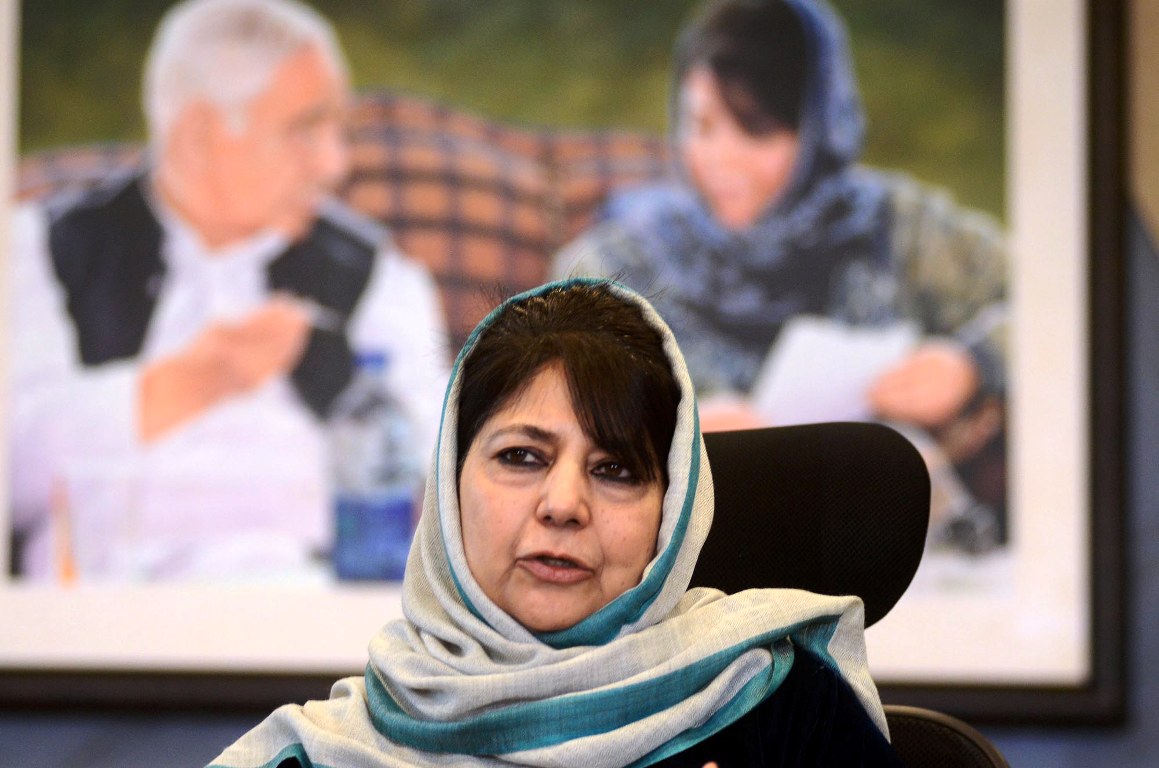Srinagar
Pakistan army on Monday said that Indians have to realise and understand where they want to go in the future as both the countries posses’ nukes and ‘there is no space for war.’
This was stated by Director General of Inter-Services Public Relations (ISPR) Maj Gen Asif Ghafoor while addressing a wide-ranging press conference on Monday to address several key issues, including Pakistan-India relations, the Pashtoon Tahaffuz Movement, the ongoing inquiry against retired Lt Gen Asad Durrani and social media propaganda, Dawn News reported.
“We are willing to ignore the first shot that is fired from the Indian side, provided it does not result in a casualty on our side,” Ghafoor was quoted as having said by the report.
However, it reported him further saying that “the second shot would be responded in kind.”
“The Indians have to realise and understand where they want to go [in the future],” he said.
“We are two nuclear powers and there is no space for war.”
“Pakistan’s desire for peace should not be construed as a weakness,” Ghafoor added.
Addressing a presser at Pak army’s headquarters in Rawalpindi, Maj Gen Ghafoor started off his briefing with an overview of the status of the Pakistan-India relationship and a recent call to renew a 2003 ceasefire agreement.
Ghafoor claimed the ceasefire violations by Indian troops at the Line of Control had been higher than usual in 2017 and 2018, saying that 1,881 incidents in 2017 alone had left 52 dead and 254 injured.
“The number of cross-border incidents had similarly climbed north of 1,500 by the first week of June in 2018 alone,” he said.
“The Indian army targeted innocent citizens [on Pakistan’s side], while we responded and targeted [their] forces,” he said.
He said the situation was not tenable and hence an agreement had been reached by the two countries’ directors general of military operations to avoid further conflagration and ensure that their 2003 ceasefire agreement would not be violated.
Commenting on a cross-border firing incident that occurred after the agreement was reached, the DG ISPR explained that Pakistan would not have responded to Indian firing, but was “compelled” to do so only because civilians were targeted and there were casualties on the Pakistani side.















